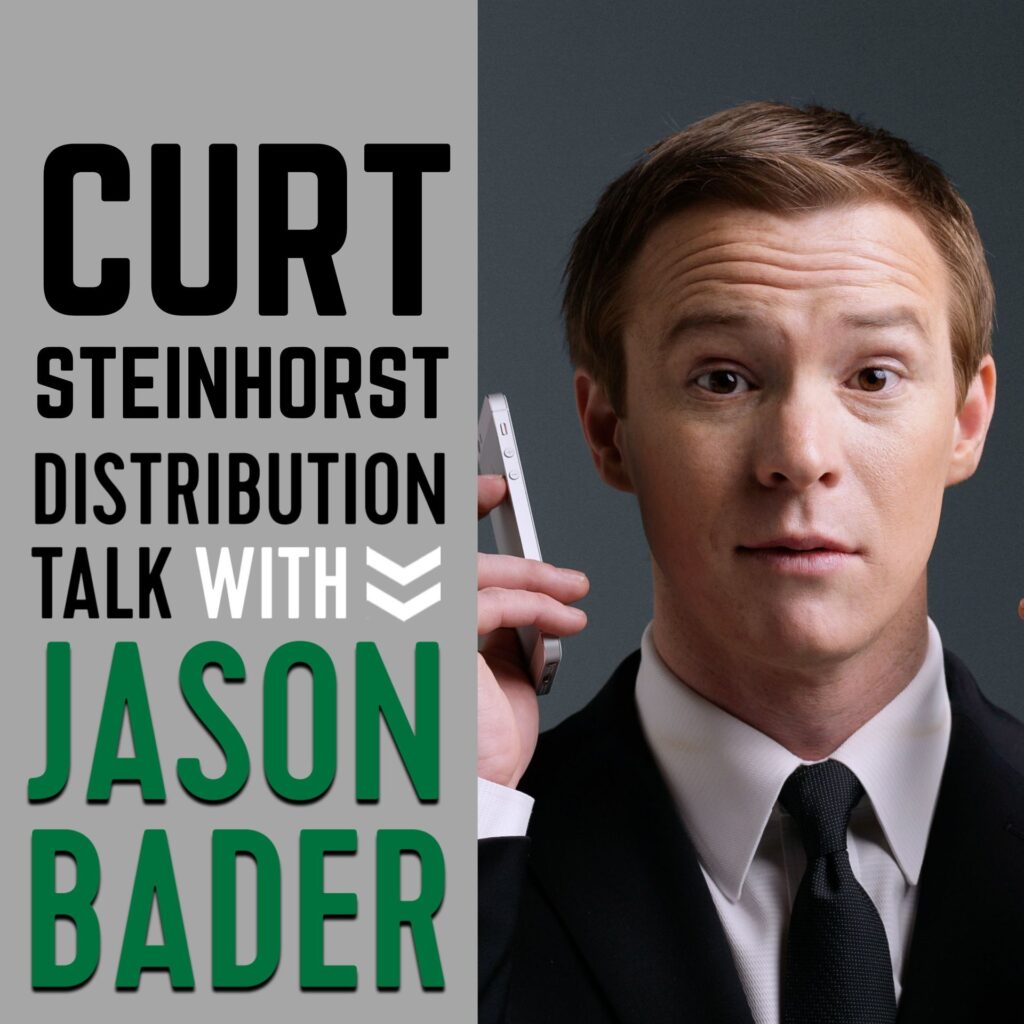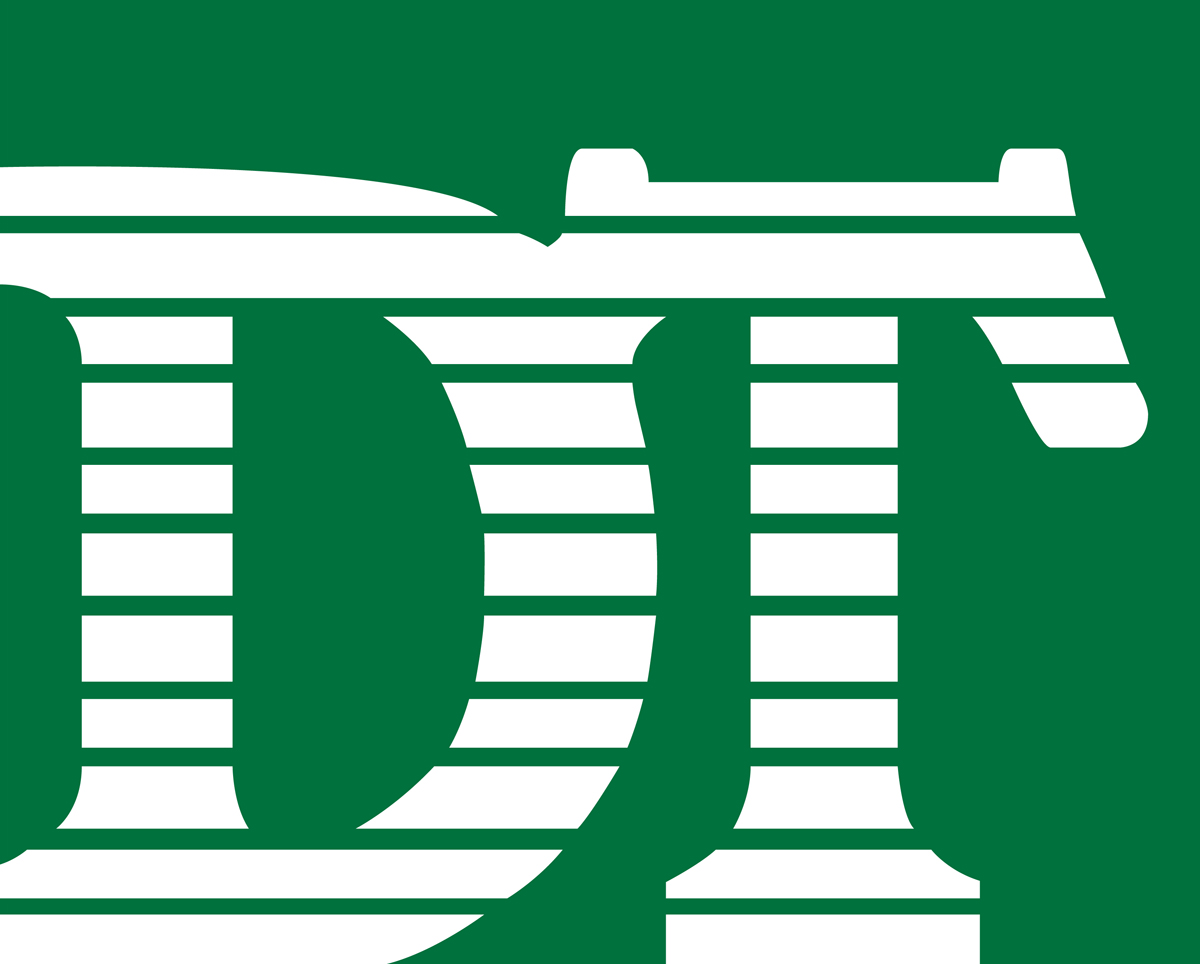At some point, we have to have a real assessment of whether these [social media] platforms are giving us what we want. And, the truth is, the more time you spend on them, the less happy people are. ~Curt Steinhorst
Can I have your attention? You’ve probably got a million things (besides this episode of DT) vying for your notice. And I’ll bet you’re trying to devote fragments of time to all of them — often all at once.
Curt Steinhorst is a coach, speaker, and author who’s literally wrote the book on how the infinite distractions of a fast-paced world are harming our psyche as well as our productivity. He offers simple, thoughtful strategies for regaining our focus – without ditching our tech.
What you pay attention to, you become. That’s especially astute commentary coming from someone who was diagnosed with ADD as a child. It’s no wonder that corporations and individuals seek Curt’s positive, practical assistance to help them curtail attention deficits.
Rather than wholesale dismantling of social media feeds or strict adherence to inbox zero, he’s developed methods to minimize distractions and promote the natural human tendency toward inquisitiveness.
We are wired for curiosity, he says. The base system of attention in our brain is that we’re wired to seek out and explore new things. Uncover something that’s interesting. Focus on it until something else comes about. So, we’re not really made to just zoom in and focus efficiently, perfectly all the time.
***
Distribution Talk is produced by The Distribution Team, a consulting services firm dedicated to helping wholesale distribution clients remove barriers to profitability, generate wealth and achieve personal goals.
***
This episode was edited & mixed by The Creative Impostor Studios.
Connect with Jason on LinkedIn.
Connect with Curt on LinkedIn.
***
As we bounce from checking email to reading an influencer’s piece on LinkedIn to hopping on Slack for the latest project update and back again to that inbox, we’re constantly circling, never landing.
We’re consuming about 500% the amount of information as someone in 1990 was. We simply can’t process that. No one can process that. So we react by filtering arbitrarily.
The key to meaningful filtering, says Curt, is personal (or organizational) assessment. It’s critical that we step back and ask the question how can I put the things in place that will support me focusing on what it is that I actually care about?
Curt relies on three effective filters to help him sort through the day’s never ending data. The first is space — setting up the physical places that are for particular work. If you can literally say there’s certain places that I’m going to do only certain things [in], then we call that sacred places in various forms.
The second, and rather obvious, filter is technology itself — but Curt points out that many of us fail to set even the simplest notification or inbox parameters.
The third is people — utilizing your admin, your co-workers, your boss to minimize distractions, making you more productive as a result.
Ultimately, productivity thrives when humans are aware of their limitations and set boundaries to harness what is valuable..I think we just have to realize technology is different than us and give ourselves a chance to just be very limited but excellent as a function of that.
Easier said than done? Not if you listen in and you’ll learn more about Curt’s favorite filters, his book Can I Have Your Attention, and his company, FocusWise Inc.



